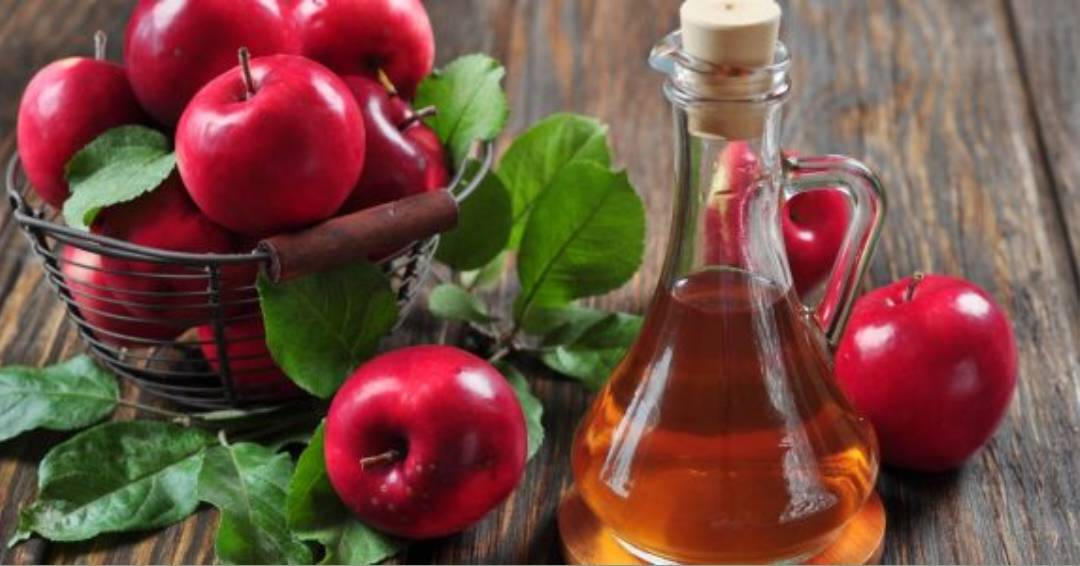
Apples are a versatile and nutritious fruit, enjoyed by many year-round. Whether you’ve picked a bounty at the orchard or stocked up during a sale, knowing how to store apples in your fridge can extend their freshness for weeks, if not months. In this feature, we’ll provide you with valuable tips and tricks to keep your apples crisp, juicy, and ready to enjoy whenever you desire.
1. Select the Right Apples:
The first step in preserving your apples’ freshness is to choose the right varieties. Some apples are better for long-term storage than others. Varieties like Granny Smith, Fuji, and Honeycrisp are known for their ability to withstand extended fridge storage.
2. Inspect and Sort:
Before refrigerating your apples, inspect each one for bruises, cuts, or blemishes. Remove any damaged fruits, as they can release ethylene gas, which speeds up the ripening process and affects nearby apples. Sort your apples to ensure that the ripest ones are consumed first.
3. Clean and Dry:
Give your apples a gentle rinse to remove any dirt or residue. Allow them to air dry completely before placing them in the fridge. Moisture can lead to mold growth, so ensuring your apples are dry is essential.
4. Use Proper Storage Containers:
To maintain optimal freshness, store your apples in airtight containers or plastic bags with small holes for ventilation. This prevents moisture loss and reduces the risk of cross-contamination with other foods.
5. Store in the Crisper Drawer:
The crisper drawer in your refrigerator is the ideal spot for apples. It provides controlled humidity levels, keeping the apples from drying out or becoming too moist. Keep apples away from other fruits and vegetables that release ethylene gas, such as bananas or avocados.
6. Temperature Matters:
Apples stay fresher longer when stored at a slightly cooler temperature. Aim for a refrigerator setting between 32-40°F (0-4°C) to slow down the ripening process.
7. Check and Rotate:
Regularly check your stored apples for any signs of spoilage. Remove any that show softness, mold, or rot to prevent the issue from spreading to other apples. Consider rotating the apples within the storage container to ensure even air circulation.
8. Keep an Eye on Ethylene Producers:
As mentioned earlier, some fruits and vegetables emit ethylene gas, which can accelerate the ripening of apples. To extend freshness, store ethylene-producing items separately from your apples.
With these tips in mind, you can make the most of your apple haul and enjoy the delicious fruit for an extended period. Properly storing apples in your fridge not only reduces food waste but also ensures you always have this nutritious and versatile ingredient on hand for snacks, desserts, or culinary creations. So, make the most of apple season and savor their freshness for many days to come.

Post Your Comments